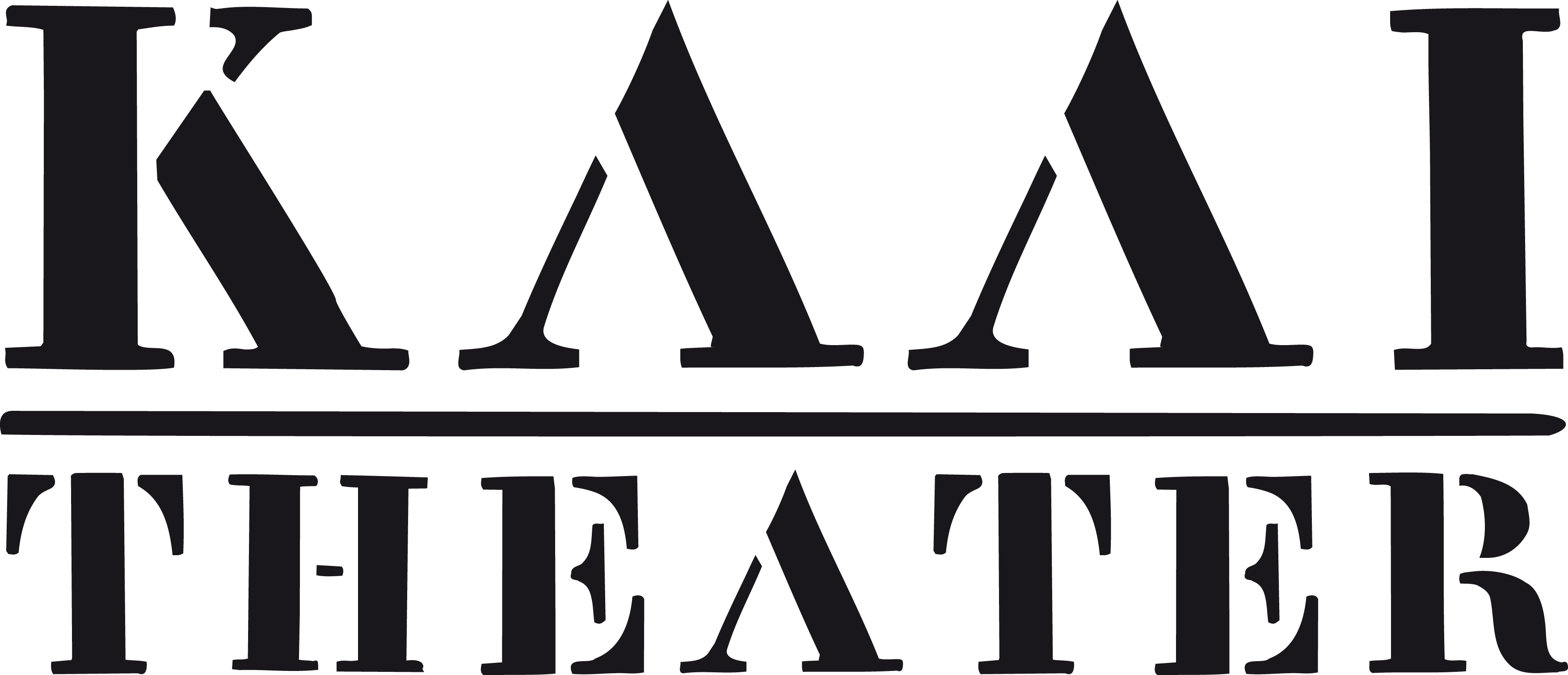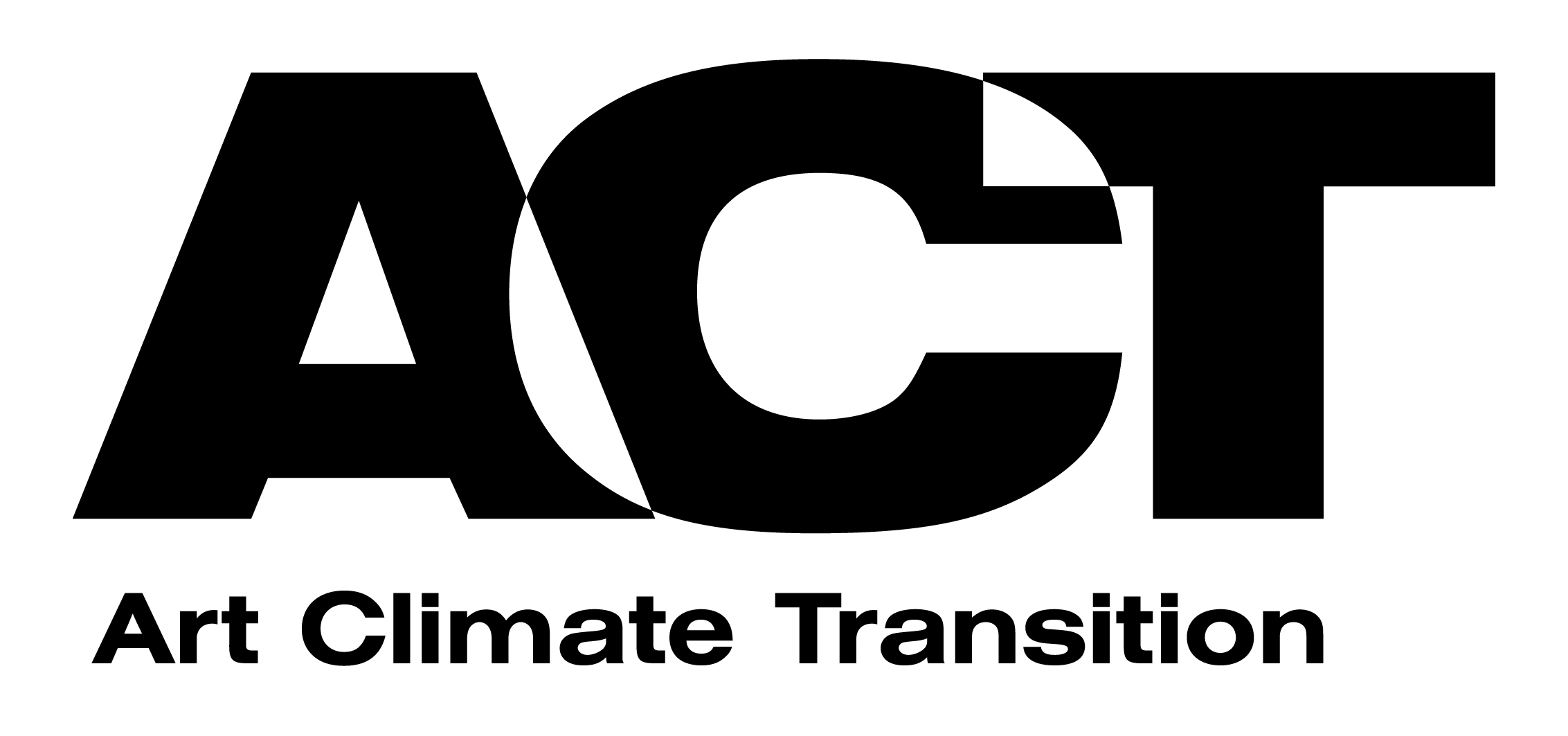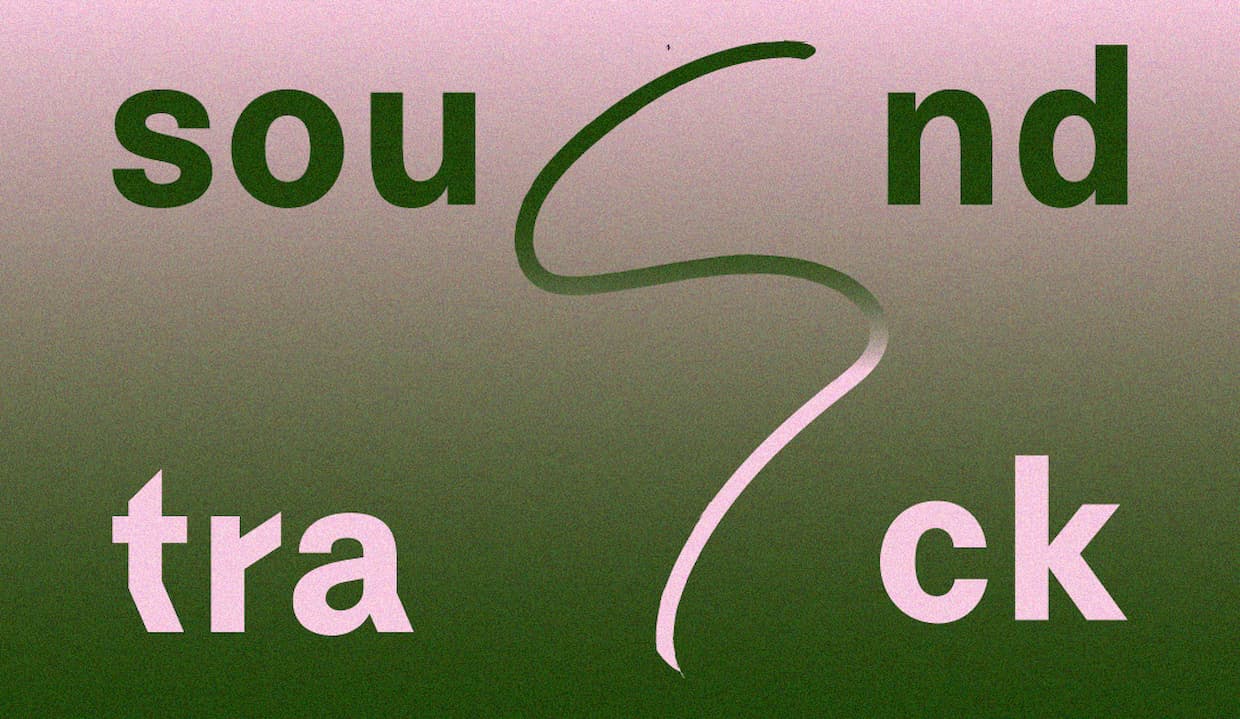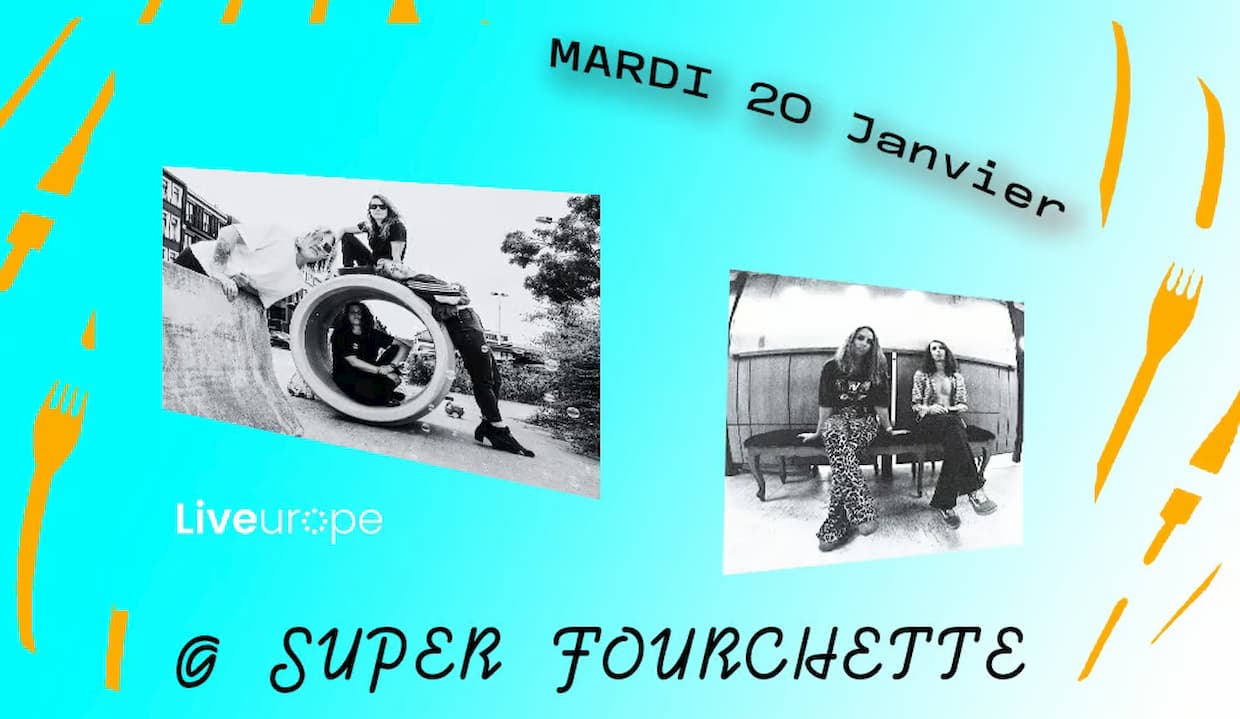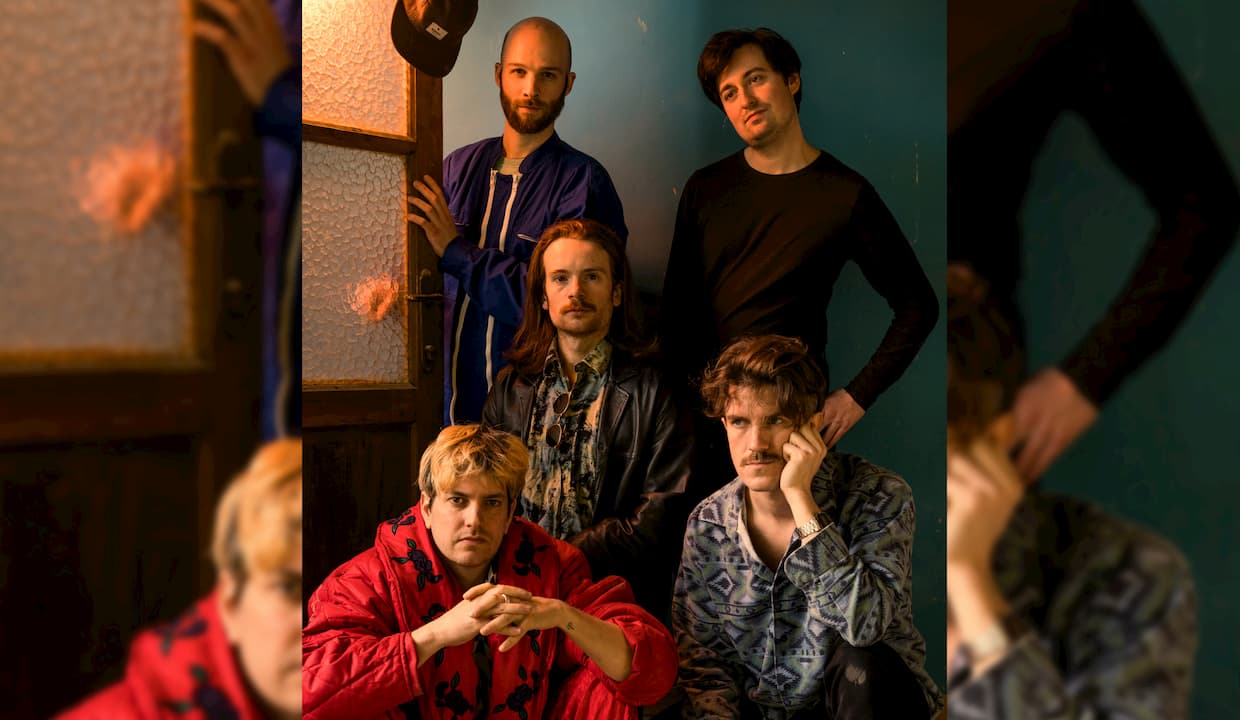Annual rendezvous for those committed to a sustainable future
Program
Walks & workshop
Walks and workshops are included in the Ecopolis ticket. However, reservation is necessary. Secure your spot by registering here.
- 13:30 - 15:30
Minority walk with Omar Fassi Fehri (EN/FR)
- 13:30 - 15:45
The Brussels of witches: feminist guided walk (EN/FR)
- 14:00 - 15:30
Workshop ‘Limits to Growth’ (NL/EN)
Panel discussions and performance
- 16:00 - 18:00
Colonisation as exploitation of people and natur
- 18:00 - 20:00
Different jobs, one planet. Stories of strong commitment
- 21:00 - 22:00
The environmental impact of war
---
“Thinking out of the box is exactly how the box thinks. We are the boxes we strive to out-think,” writes philosopher Bayo Akomolafe, speaker at the eighth edition of Ecopolis where artists, thinkers and doers break open our frames. Social, ecological and economic crises force us to think about a radically different way of living. Can unheard stories help us with that? Stories that link different generations, geographical areas that are far apart or ancient knowledge and technology. Can activism as a form of love take us further than doomsday thinking? "The world is not about to end; we are already living with a different world," Akomolafe continues. Ecopolis brings stories that depict an inclusive and sustainable future for this new world.
Ecopolis is the annual rendezvous for those committed to a sustainable future. Ecopolis is diverse, international and interactive. The eighth edition starts in the afternoon and goes on until late in the evening. Expect walks, lectures, discussions between writers, academics and citizens, workshops, literature and documentaries. Kaaitheater has already invited makers Enkidu Khaled and Joachim Robbrecht to contribute their work on the impact of war on the climate. At the crossroads of performance and discourse, they will present stories from Iraq, Kenya, Ukraine... Last season Khaled and Robbrecht worked together on the project God 99, which premiered at Kaaitheater.
How to Be Many on Earth? How to Tell Many Stories?
Walks & workshop
Walks and workshops are included in the Ecopolis ticket. However, reservation is necessary. Secure your spot by registering here.
- 13:30 - 15:30
Minority walk with Omar Fassi Fehri (EN/FR)
The Minority Walk is a tour of the center of Brussels to discover the public space of the capital, told through the lens of how the oppression of various minority groups is still taking place, in different ways, representations, mechanisms and images. It’s around a two-hour stroll, with various stops (some famous and some curious…), with the aim to engage debate, raise consciousness, question our privileges and/or situations of discrimination, experiment, and share.
We meet at 13:30 at AB Brussels and arrive back here at 15:30, in time for the first panel discussion.
- 13:30 - 15:45
The Brussels of witches: feminist guided walk (EN/FR)
In the 14th century, as we move out of the ‘dark’ Middle Ages and into the Modern Age and the Renaissance, women are plunged into darkness – or rather into the flames of the stake. How were women’s skills and knowledge transformed into acts of witchcraft? How did the living conditions of free women change? What female figures reveal other possible worlds? What does our urban public space reveal about that time… and about witches today? Find out in this guided walk by art historian Chiara Tomalino from L’architecture qui dégenre.
L’architecture qui dégenre, a platform founded in 2018 by Apolline Vranken, is the initiator of the Belgian edition of the Journées de Matrimoine. The non-profit organization organizes and realizes guided tours, training, lectures and animations on the themes of gender, the city, architecture, history, art and culture in general.
The walk starts at 1:30 PM at L’oreille Tourbillonnante, Calder (junction Rue du Musée/Coudenberg – 1000 Brussels) and ends at AB Brussels at 3:45 PM, in time for the first panel discussion.
- 14:00 - 15:30
Workshop ‘Limits to Growth’ (NL/EN)
Floods, forest fires, melting glaciers, etc.: we are increasingly faced with natural disasters. The consequences are disastrous and indisputable: we are exceeding the limits of our planet. To keep our planet livable, we urgently need to rethink our way of living. In this workshop we will encounter inspiring voices from Latin America (in line with the ‘Buen Vivir’ philosophy) who show that another way of life is possible. A life in which ‘well-being’ is central instead of ‘growth’. In the workshop, we will look together for ways in which we can live with fewer non-renewable resources, with the aim of taking a critical look at our consumer society and actively considering alternative models of society.
In collaboration with Catapa.
Panel discussions and performance
- 16:00 - 18:00
Colonisation as exploitation of people and nature
Colonalisation is more than a system of dominance over a population and territory. ‘Coloniality’ as a conceptual framework makes a single system of thought exclusive : western man dominating nature and other population groups has erased other ways of being and the connectedness with the more-than-human-world. What is called ‘development’ today, is often a continuation of the colonial process of appropriation and suppression of land, nature and people.
In this panel discussion, writers and artists from various backgrounds will discuss what this means and will focus on the many narratives that survived colonialism while offering alternatives. They will talk about what the ’decolonialisation’ movement involves.
With: Dalilla Hermans, Bayo Akomolafe, Jumana Emil Abboud, Mihnea Tănăsescu and Olave Nduwanje (moderator)
- 18:00 - 20:00
Different jobs, one planet. Stories of strong commitment
Whatever your studies, whatever your job, there are always plenty of opportunities for strong commitment to creating a better world. An architect need not only design houses but may also promote a more feminine approach to urban life. A lawyer may lead the way in the fight against chemical pollution of the environment. And what about a financial analyst’s call for blowing up the banks? Or a weathercaster engaged in climate action?
On the panel: Apolline Vranken and Jérémy Désir-Weber
Conclusion by Eric Corijn in a brief key-note.
- 21:00 - 22:00
The environmental impact of war
War turns gigantic areas into inhospitable no-go zones. Its impact on humans as well as on nature and biodiversity is dramatic. Ecopolis will feature playwrights and performers Enkidu Khaled and Joachim Robbrecht in the premiere of their play on the impact of war on the environment. Their stories point out the importance of peace for all forms of life on this planet.
Enkidu Khaled and Joachim Robbrecht invited four artists/activists familiar with the issue to join them in this performance. Their contribution will include live music and also a Brussels sound artist will improvise soundscapes for the various presentations. The end of the performance will ask for the active participation of the audience.
